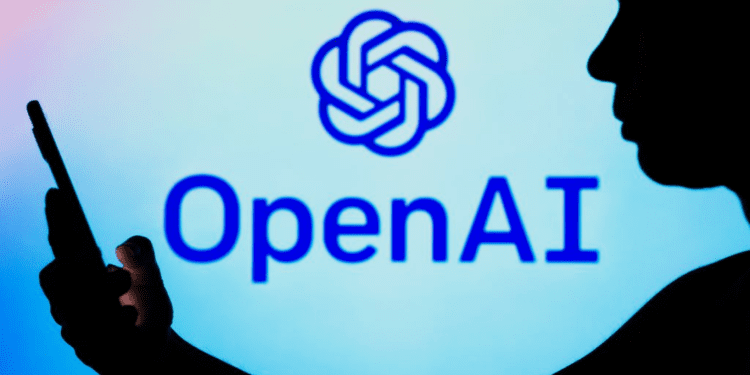- Sam Altman: “Before considering pulling out, OpenAI will try to comply with the European regulation when it is set.”
- The OpenAI CEO said that AI is increasingly becoming very powerful and needs regulation.
- Altman is concerned about the upcoming EU AI Act’s impact on OpenAI.
OpenAI is on the verge of calling it quits in Europe. CEO Sam Altman says that the Artificial Intelligence company will try to comply with European regulations once they are set “Before considering pulling out.”
In recent days, Europe has relentlessly put regulatory pressure on OpenAI, exacerbating resolutions to exit from the continent. OpenAI has remained in the pole position of Artificial Intelligence, but the ChatGPT innovation faces the toughest scrutiny from European power systems over its technological advancements and usage.
European authorities cite ethical ramifications, and data privacy, among other reasons making OpenAI grapple with decisions on whether to remain operational in the European market. This sequence of events has left many AI users at crossroads with unanswered questions like, “What effects will these pronouncements have on the worldwide setting of AI?”
The impending pressure on OpenAI
Paradoxically OpenAI boss Sam Altman told the US Senate hearing that: “Government regulation on AI is crucial.” Still on the same note, the CEO of the San Francisco-based tech company is making trips to Europe complaining of possible overregulation necessitating their plans to exit Europe.
He further reasons AI needs regulation by stating it is “increasingly becoming very powerful.” In the hearing, the politicians was worried about how US’s 2024 election as AI threatens political integrity. Following these worries in the US, Europe refers to a higher bar for data privacy standards through the enacted General Data Protection Regulation (GDPR) of 2018. This data obligated companies to hold data responsibly, and there is fear that OpenAI innovations will compromise this regulation.
It should be remembered that Europe has been advocating for measures to be put in place to regulate tech giants where concerns have been raised about the likely monopolistic powers of OpenAI, resulting in the formation of stricter standards to oversight them.
Regulatory Policy Ethical Requirements
European policymakers have been active in designing guidelines relating to AI, which they call the AI Act. The European Parliament voted by a fair majority for this Act, which will be adopted by June 14. The Act is aimed at protecting people from AI risks.
OpenAI’s technology has recently drawn the attention of regulators, who urge that it should be applied responsibly. The unfolding issues in Europe jeopardize research initiatives and collaborations aiming to address the ethical problems relating to AI in contemporary society. OpenAI has been crucial in developing ethical frameworks, and its exit from Europe will hinder ethics in AI progress.
Future Outlook and Consequences
If OpenAI exits from Europe, the region will lose a key player in the AI field, and there will be weakening innovation and development of Artificial Intelligence. This exit will probably open the way for newer AI entries from outside Europe, limiting Europe’s progress in AI. In Munich, while on his tour of Europe, Sam Altman asked students in one of the universities, “Who thinks OpenAI should start open-sourcing models?” most students agreed.
This shows that the exit will likely hinder AI advancements as other parts of the world progress in research and implementation. To ensure that Europe is included, the regulators and the company must strike a delicate balance to foster innovation. The policymakers know that collaboration among the regulators, stakeholders, and researchers is essential in unraveling the complexity of AI regulations.
Conversely, the potential OpenAI’s exit from Europe shows how regulators should design well-balanced and thoughtful policies to foster innovation and protect the rights of their citizens.














